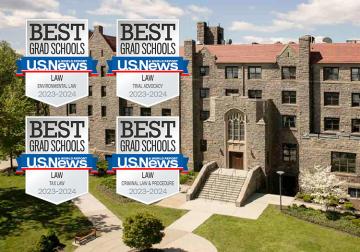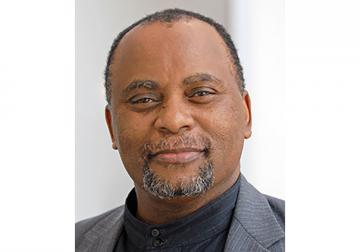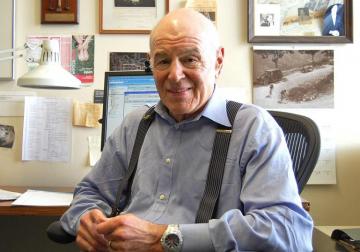Professor Lissa Griffin Comments on Legal Double Jeopardy

The case, Bravo-Fernandez v. U.S., resulted in a verdict that Law360 described as “logically inconsistent.”
Bravo-Fernandez v. U.S., decided on Tuesday, involved a tangled legal scenario. A Puerto Rican businessman and an official were convicted of bribery but acquitted of traveling and conspiring to commit bribery. But it was never disputed that they had traveled or agreed, only whether they had committed bribery. The acquittal was therefore logically inconsistent: it said, essentially, that the officials both had and had not committed the crime.
After the hot-cold verdict, an appeals court overturned the conviction for a different reason. In the Supreme Court, petitioners argued the overturned conviction was a legal nonentity. Because the jury had already spoken to the heart of the matter in its acquittal on the other counts, a retrial on an overlapping count violated the double jeopardy clause of the Fifth Amendment, they claimed
Professor Griffin, an expert on the topic of double jeopardy, is quoted as saying: “To use those concepts from the 1700s in the context of the current potential for government overreaching — which is what double jeopardy is all about — would be to have no double jeopardy protection at all.”



